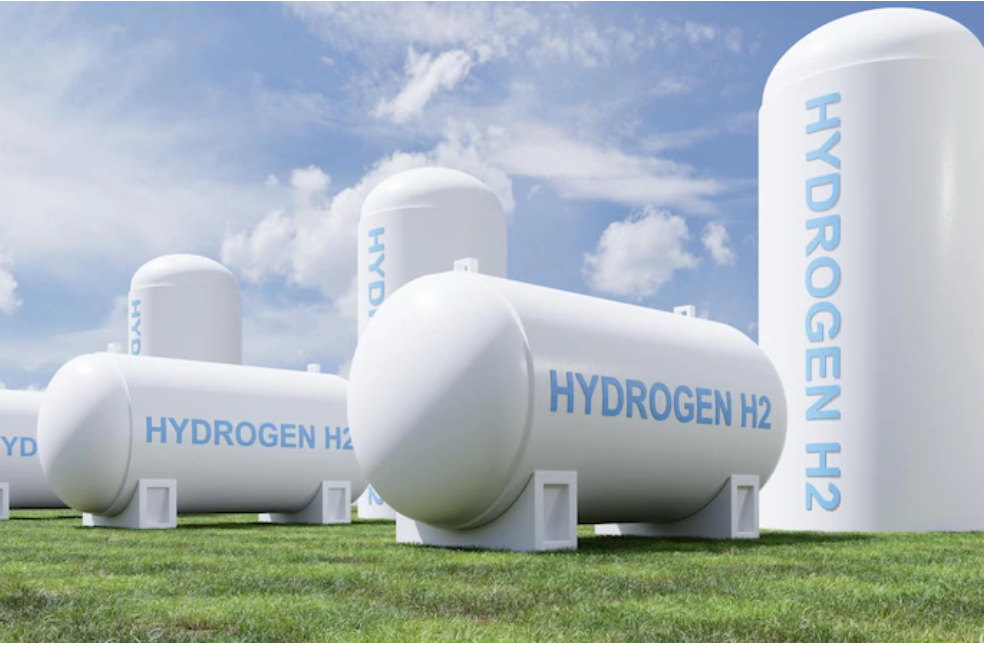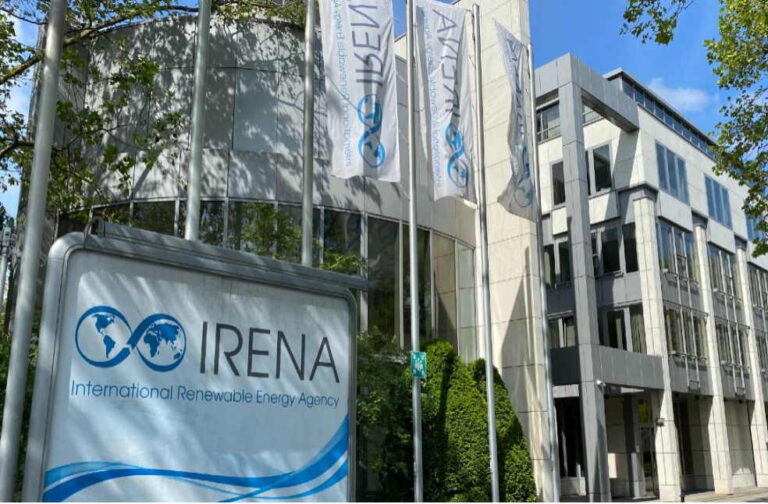Sharm el-Sheikh, Egypt: According to a recent report from the International Renewable Energy Agency (IRENA), hydrogen use by the G-7 could jump by four to seven times by the middle of this century compared to 2020 to “satisfy the needs of a net-zero emissions system.”
IRENA Director-General Mr. Francesco La Camera pointed out that, “it becomes clear that hydrogen must play a key role in the energy transition if the world is to meet the 1.5 degree Celsius targets of the Paris Agreement.”
Despite this assumption, IRENA’s report, presented during the COP27 Climate Change Summit in Egypt, depicts a complex picture that will necessitate a delicate balancing act in the future.

According to IRENA, decarbonizing “existing hydrogen applications” was the first of these goals. The second focused on utilizing hydrogen in “hard-to-abate applications” like steel, shipping, aviation, and chemical production.
The energy transition is the transition from fossil fuels to a renewable energy-based system. The shift will depend on various variables, from technology and economics to international cooperation.
An industry association spokesperson from Hydrogen Europe pointed out that IRENA was “correct that the deployment of large-scale infrastructure and energy production require large-scale investments, and it is true that it requires energy to produce store, and transport hydrogen.”
#JustPublished our #COP27 special report on #H2!
Thank you to our members for their support & their enriching contributions, our partners @RevolveMediaCo, @afr_h2_p & @WiGH_network for their input and, last but not least, EVP @TimmermansEU for his forewordhttps://t.co/dDsrwhPayH— Hydrogen Europe (@H2Europe) November 17, 2022
The spokesperson also stated that Hydrogen Europe agreed “that any development of hydrogen-related projects should be done responsibly and that certain use applications should be prioritized over others. On how to prioritize, we believe this should be done as much as possible through market instruments that properly value the CO2 emission savings and other aspects (like the security of supply) so that consumers can make informed choices.”
Hydrogen Europe officials also pointed out that a “top-down dogmatic restriction of certain sectors,” such as hydrogen for heating, should be avoided.
A Hydrogen-Based Future
The International Energy Agency refers to hydrogen as a “versatile energy carrier” with numerous uses deployed in multiple industries. The organization stated in a statement that the G-7’s net-zero emissions target by the middle of this century would “demand a large deployment of green hydrogen.”
Major economies and corporations have been attempting to take advantage of the growing green hydrogen market over the past few years to decarbonize key industries essential to contemporary living.

German Chancellor Mr. Olaf Scholz referred to green hydrogen as “one of the most crucial technologies for a climate-neutral planet” at a roundtable discussion at COP27 last week.
Mr. Scholz continued by stating that, “Green hydrogen is the key to decarbonizing our economies, especially for hard-to-electrify sectors such as steel production, the chemical industry, heavy shipping, and aviation.”



